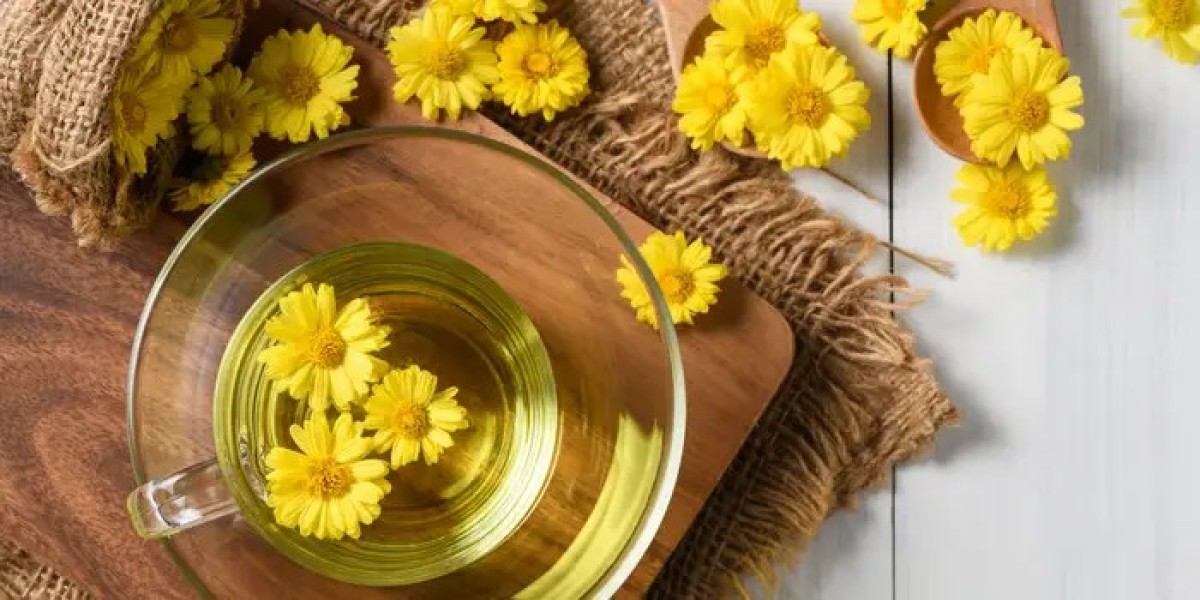Dandelion tea, made from the humble yet powerful dandelion plant, has long been revered for its healing properties. This golden herb, often dismissed as a common weed, carries centuries of traditional wisdom and modern health benefits in every petal and root. Whether you're a seasoned herbal tea drinker or new to natural remedies, dandelion tea offers an easy, soothing way to support your body’s wellness.
In this post, we’ll explore the many benefits of dandelion tea, how to prepare it, its cultural significance, and the surprising power of dandelion in urdu herbal medicine.
What Is Dandelion Tea?
Dandelion tea is a herbal infusion made from the leaves, roots, or flowers of the Taraxacum officinale plant, more commonly known as dandelion. The tea has a light, earthy flavor, often with slightly bitter or nutty undertones depending on which part of the plant is used.
The root tea is especially popular for detox and digestion, while the leaves are known for their diuretic and mineral-rich properties. The flowers, though less common in tea blends, add a delicate sweetness and anti-inflammatory benefits.
A Brief History of Dandelion
Dandelion has been used in traditional medicine for thousands of years. It is native to Eurasia but has spread to almost every continent due to its hardy nature and adaptability. In many cultures, dandelion is a symbol of survival and resilience.
In traditional Chinese medicine and Ayurveda, dandelion is considered a cooling herb that supports liver and stomach function. It has also been part of indigenous medicine in North America and Europe for generations.
In South Asia, including Pakistan and India, dandelion in Urdu is commonly referred to as "دودھ خار" (Doodh Khaar) or "ہندبہ" (Handbah), and it's found in many herbal treatments for liver disorders, blood purification, and digestive support.
Health Benefits of Dandelion Tea
Modern science has started to catch up with what herbalists have known for centuries. Here are some of the most notable benefits of dandelion tea:
1. Liver Detox and Support
Dandelion root is widely known for supporting liver health. It helps stimulate bile production, which assists in the digestion of fats and the removal of toxins from the body.
2. Rich in Antioxidants
Dandelion tea contains beta-carotene, polyphenols, and other antioxidants that help fight inflammation and oxidative stress. These compounds are essential in preventing chronic illnesses and promoting cellular repair.
3. Supports Digestion
Both the root and leaf of the dandelion plant promote healthy digestion. Dandelion acts as a mild laxative, reducing bloating and aiding in nutrient absorption.
4. Diuretic Properties
Dandelion leaf tea is a natural diuretic, helping the body eliminate excess fluid without depleting potassium—a common side effect of many pharmaceutical diuretics.
5. Blood Sugar Regulation
Preliminary studies suggest that dandelion may help lower blood sugar levels and improve insulin sensitivity, although more human research is needed.
6. Skin and Immune Health
Due to its detoxifying and anti-inflammatory effects, dandelion tea may help clear up acne and improve overall skin tone. Its antimicrobial properties also help support the immune system.
Dandelion in Urdu Herbal Medicine
In Unani and Ayurvedic medicine, dandelion in Urdu (ہندبہ) has a prominent role as a Tibbi (herbal) remedy. It is commonly used in powdered or tea form to:
Support liver and gallbladder function
Treat jaundice and hepatitis
Act as a mild laxative and diuretic
Balance "hot" conditions in the body (as per Unani temperament theory)
Herbal shops in Pakistan often carry dandelion root powder labeled as “Handbah Powder” or “Doodh Khaar Powder,” which is used in various digestive and liver tonic preparations.
How to Make Dandelion Tea
Ingredients:
1-2 teaspoons of dried dandelion root (or leaves)
1.5 cups of water
Optional: lemon, honey, or mint for flavor
Instructions:
Boil the water in a small pot.
Add the dried dandelion and let it simmer for 10–15 minutes.
Strain and pour into your favorite mug.
Add honey or lemon to taste if desired.
For a milder tea, especially if using leaves, steep instead of boiling for 5–10 minutes.
When and How to Drink Dandelion Tea
For liver detox, it's best to drink dandelion root tea in the morning on an empty stomach. If using the tea as a diuretic or digestive aid, drink after meals. Most people can safely enjoy 1–3 cups a day.
Who Should Avoid Dandelion Tea?
While dandelion tea is safe for most people, it may not be suitable for everyone. Avoid it if you:
Are allergic to ragweed, daisies, or marigolds
Take diuretics or blood thinners
Have gallstones or blocked bile ducts (consult your doctor)
Always consult with a healthcare provider before adding a new herbal remedy to your routine, especially if you’re pregnant, breastfeeding, or on medication.
Where to Find Dandelion Tea
You can find dandelion tea in most health food stores, organic shops, and online herbal stores. Look for:
Loose-leaf dried dandelion root
Pre-packaged tea bags
Organic or wildcrafted varieties
In Pakistan and India, look for Handbah powder or Doodh Khaar chai at Unani dispensaries and dawakhana-style herbal shops.
Final Thoughts
Dandelion tea is more than just a herbal beverage it’s a time-tested remedy that nourishes the body, supports detoxification, and balances internal systems. Whether you're sipping it for liver health, clearer skin, or as a gentle digestive aid, this golden herb can add a valuable ritual to your wellness journey.
Its historical roots in Eastern and Western medicine, including the use of dandelion in Urdu herbal practices, speak to its enduring relevance and healing potential. In today’s fast-paced world, embracing simple, natural remedies like dandelion tea reminds us to slow down, care for our bodies, and reconnect with nature.








